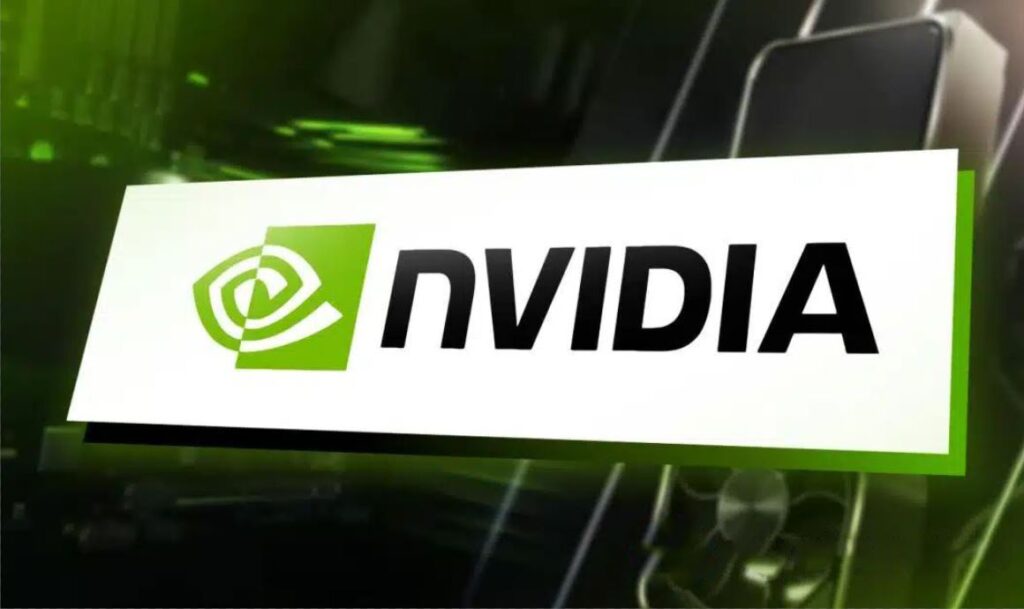The U.S. Department of Justice (DOJ) and the Securities and Exchange Commission (SEC) have urged the Supreme Court to proceed with the Nvidia securities fraud lawsuit, as outlined in an amicus brief submitted on October 2. U.S. Solicitor General Elizabeth Prelogar and SEC senior lawyer Theodore Weiman emphasized the importance of the case in relation to the standards for “pleading falsity and scienter in private securities-fraud class actions” under the Private Securities Litigation Reform Act of 1995 (PSLRA).
The DOJ and SEC argued that the class action had “sufficient details” to warrant its reopening, despite an earlier dismissal in 2021. They stated that the Supreme Court should allow an appeals court to revive the case, asserting a strong interest in properly interpreting the PSLRA, as the U.S. has previously engaged as amicus curiae in similar cases.
On the same day, 12 former SEC officials filed a separate amicus brief supporting the class action suit, underscoring the importance of private enforcement of federal securities laws to maintain the integrity of U.S. capital markets. They criticized Nvidia’s arguments that the class group should have access to “internal company documents and databases before discovery” and argued against limiting the use of experts at the pleading stage, asserting that these positions lack legal and policy support.
The lawsuit, initially filed in 2018, accuses Nvidia and its CEO, Jensen Huang, of misleading investors about the extent of the company’s sales related to crypto activities. Plaintiffs allege that Nvidia violated the U.S. Securities Exchange Act of 1934 by making materially false or misleading statements regarding its revenue dependence on crypto mining.
Although the lawsuit was dismissed in 2021, it was revived by the Ninth U.S. Circuit Court of Appeals in a 2-1 ruling. In 2022, Nvidia settled with U.S. authorities for $5.5 million over charges that it had not adequately disclosed the impact of crypto mining on its gaming business. Following these developments, Nvidia announced in a second-quarter earnings call that it planned to exit the crypto market entirely due to a significant decline in revenue from its crypto-related activities, having earned only 18% of the projected $400 million from crypto-mining equipment manufacturing.

